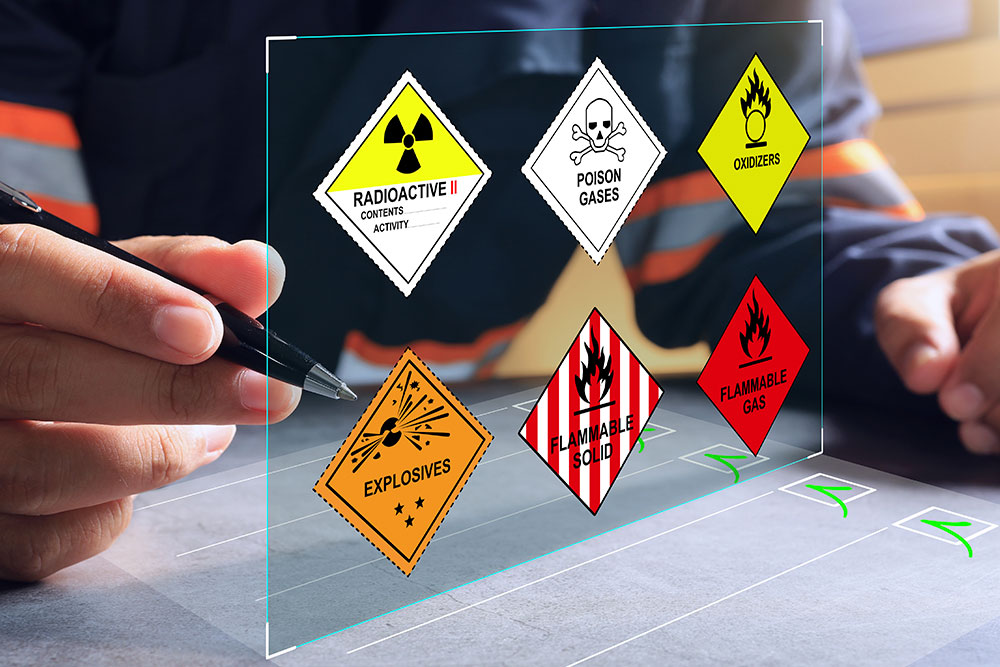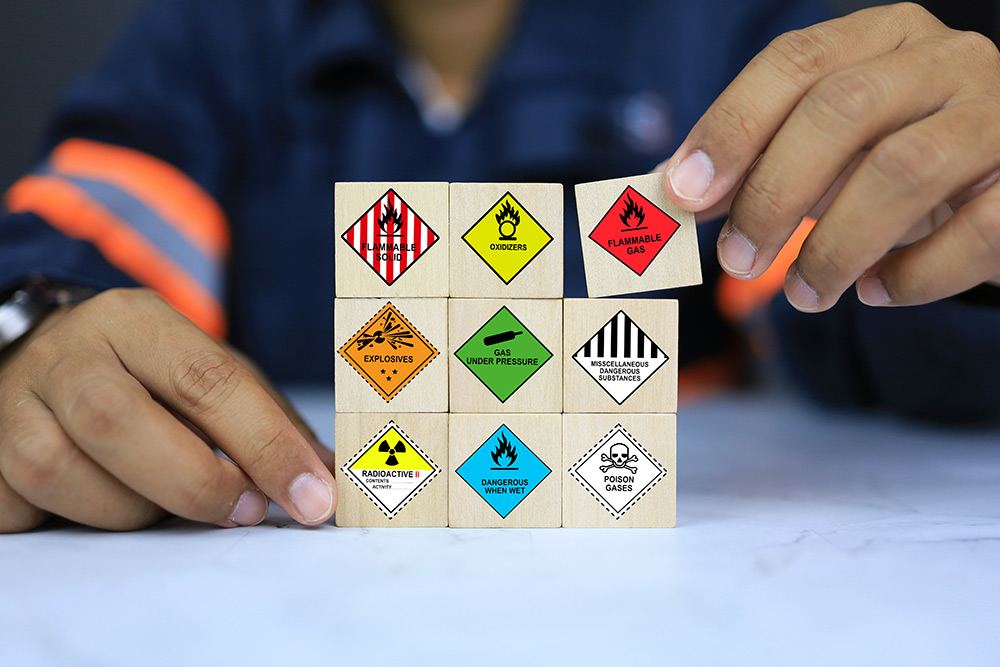Non-compliance of dangerous goods is certainly being cracked down on throughout the logistics industry, after a series of major incidents during the past couple of years.
To meet your obligation, if you are involved in the handling, receiving or transport of dangerous goods, then training your staff is essential. This starts with appointing a Dangerous Goods Safety Advisor (DGSA) and dangerous goods awareness training.
If your business is involved in the handling, receiving or transport of dangerous goods, which includes the millions of electronic products that use lithium batteries, then these two steps are essential for you to meet your legal requirements.
1 – Appoint a Dangerous Goods Safety Advisor (DGSA)
Since last year, it is a legal requirement to have a DGSA appointed. Most companies outsource this to experts such as ourselves, as the cost for doing so is moderate. Once you have a DGSA, they will work with you to ensure your business is compliant with the relevant regulations.
If you do not currently have a DGSA appointed, then we suggest you treat this as urgent. More details of our DGSA services can be found here www.dgsaservice.com.
2 – Get Dangerous Goods Awareness Training For Your Staff
Anybody involved in your dangerous goods products must have at least dangerous goods awareness training, which includes sales, customer service, operations, administration and warehousing staff.
Evolution Group offer a dangerous goods awareness course, provided instantly online, that provides your team members with the necessary basic understanding and meets your legal requirements.
The course provides an overview of regulations, the recognition of dangerous goods and the hazards that dangerous goods present. The four lessons are designed in the modern prezi format, and can be taken on multiple devices.
Users can work at their own pace and upon completion of a short multiple choice test, DGSA approved certificates can be downloaded online. For more more details please visit www.dangerousgoodsawareness.co.uk, or contact us by phone or email.
The first two steps to compliance are simple and inexpensive, especially when you consider the consequences of not taking them.






